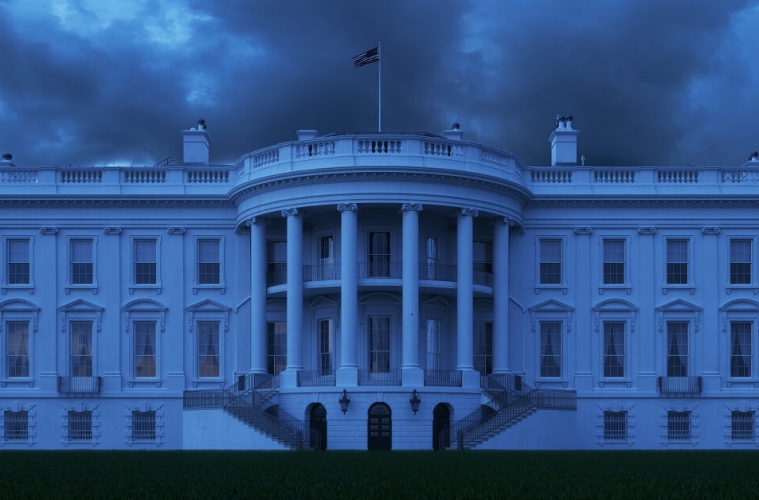Good morning,
In a fairly data quiet week, market focus has fallen mainly onto two key topics: trade and politics.
In the USA, where both topics have been at the forefront of USD sentiment over the last few weeks; President Trump once again demonstrated that he was more than happy to raise the stakes concerning his treatment of Chinese imports. Trump announced to his cabinet, “If we don’t make a deal with China, I’ll just raise the tariffs even higher”. This is a stark contrast to the previous week’s announcements of the end being in sight.
These comments, coupled with feelings of perceived meddling from the US in Chinese domestic issues, meant that US markets still have no clear path out of the two–the yearlong trade war, despite multiple false dawns on the matter. As of this morning, the dollar stands at 1.2895 on the pound, and 1.1061 on the euro – the release of the Federal Bank’s minutes at 7 pm this evening could offer additional weakness if the conversations suggest further cuts to the interest rate.
Across the pond, the leaders of the two largest UK political parties, Boris Johnson and Jeremy Corbyn, went head to head in the first of four live election debates. The results were largely a score draw, as both failed to land a convincing knock-out blow, with Johnson focussing largely on Brexit policy and Labour’s lack thereof; Corbyn by contrast, on the NHS and austerity.
Although a YouGov poll handed the Prime Minister a narrow 51-49 victory, sterling’s reaction was largely muted, as nothing out of the ordinary transpired regarding policy that was not already known beforehand. As always, the polls will guide the pound in the run-up to the election, with sterling floating between 1.1650 and 1.1730 on the Euro and 1.2840 to 1.2975 on the dollar: a narrowing in the polls could see these ranges tested.
Have a great day,


